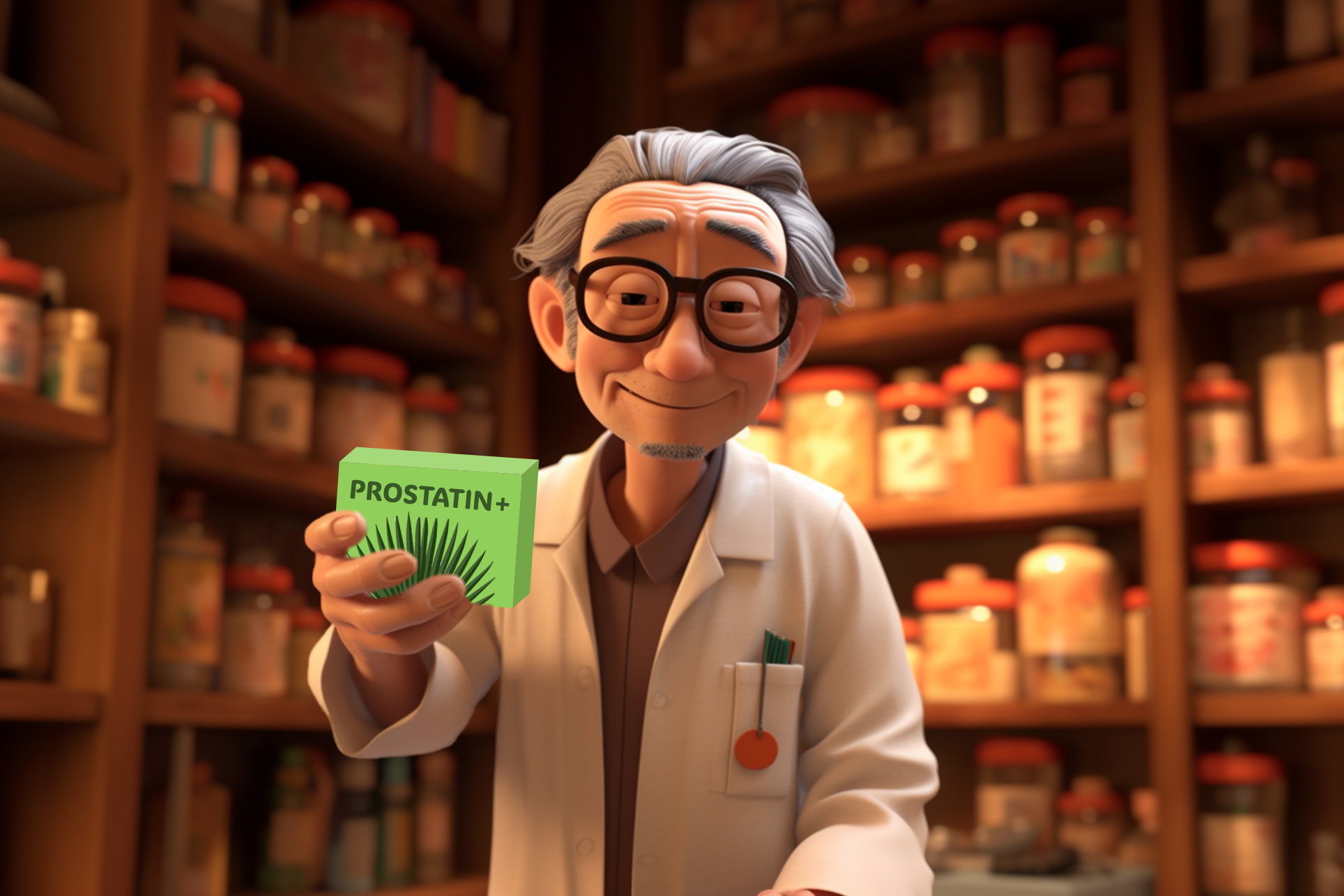Original article (in Serbian) was published on 06/12/2023; Author: Teodora Koledin
The editorial team at FakeNews Tragac was alerted by a reader to a dubious article promoting Prostatin+, a product claiming to alleviate symptoms of prostatitis. The headline makes a bold assertion that “Japan has been prostatitis free for five years”, and the article is structured as an interview with Dr. Memoria Akiyama, who is described as “Japan’s top urologist”.
However, this claim is contradicted by recent scientific research. Although exact statistics on prostatitis cases in Japan are not available, numerous studies from the past five years challenge the article’s assertion. These studies focus on prostatitis in Japanese men (1, 2, 3), with a particular emphasis on chronic prostatitis. This contradicts the article’s misleading statement that “prostatitis is no longer a chronic disease”.
Additionally, the article makes questionable claims about the link between prostatitis and prostate cancer. It asserts that untreated prostatitis leads to cancer in 80% of cases. Yet, according to the American Cancer Society, the relationship between prostatitis and prostate cancer remains unclear. While some research indicates a potential connection, other studies have not found such a link. This subject is still under investigation, making it impossible to definitively state the likelihood of untreated prostatitis developing into prostate cancer.
Doctor Akiyama
The article in question includes photos of the purported urologist. However, upon conducting a reverse image search, it was determined that the individual in the photos is actually Dr. Jun Hatazava. According to the official website of the International Atomic Energy Agency, Dr. Hatazava is a prominent figure in nuclear medicine. He serves as the chief and executive director of the Japan Radioisotope Association, and has held positions such as former professor and chairman of the Department of Nuclear Medicine and Kinetic Monitoring, as well as director of the Department of Nuclear Medicine at Osaka University Hospital. While Dr. Hatazava is indeed a medical practitioner, his expertise lies in nuclear medicine, not urology. Furthermore, an extensive search revealed no evidence of the existence of the supposed urologist, Memoria Akiyama.
The photos were taken during Dr. Hatazava’s visit to a hospital in Kazakhstan in 2018 where he delivered a lecture on how nuclear medicine is used to treat cancer at the cellular level. Notably, his lecture did touch upon prostate cancer, but it was in the context of treating it using radioisotopes: “We administer a drug intravenously that carries a radioisotope and a tracer directly to the cancer cell. The energy from these isotopes then destroys the diseased cells,” Dr. Hatazava explained.
From Uzbekistan to Zadruga
Fake News Tracker found identical texts about products promoting a prostatitis treatment on questionable Ukrainian and Uzbek websites, though the product names differed. In the Serbian version, the product is named PROSTATIN+. On a Ukrainian website, it’s called Prostodin, while an Uzbek site promotes a product named Mens Power, touting its “effectiveness.”
At the same time, apart from different names, the composition of each of the mentioned preparations is dominated by one, but always different, substance. Prostatin+ contains “a large concentration of Sabal Palm”, black Peruvian poppy is the basis of Prostodin, while Mens Power “in addition to alpha-hydoretinol, contains 30 ingredients useful for the male body”.
Fake News Tracker has repeatedly analyzed reports of dubious dietary supplements and medicinal products that are mostly promoted by fictional doctors and “experts” (1, 2, 3). On their website, you can find a register of as many as 136 misleading sites.
A particularly concerning aspect is that these deceptive advertisements are often found on highly trafficked websites. The reader who brought this ad to our attention pointed out its placement on banners from the website of Pink’s Zadruga, a site about a reality show that attracts a significant older audience. This targeting is both clear and insidious, as it offers this demographic seemingly simple and quick solutions to their health issues.



